42 come fare una lettera di dimissioni
Côme (prénom garçon) : signification, origine, saint, avis WebSaint Côme et saint Damien étaient très unis. Ils furent martyrisés ensemble en Syrie, à la fin du IIIe siècle. Médecins, ils soignaient gracieusement, soulageant aussi bien le dénuement des corps que celui des âmes. Ils convertissaient aussi les pêcheurs. Ils furent emprisonnés en 287, tués et décapités. Come in Definition & Meaning - Merriam-Webster : to function in an indicated manner come in handy b of a telecommunications signal : to be received came in loud and clear 4 : to assume a role or function that's where you come in 5 : to attain maturity, fruitfulness, or production Phrases come in for : to become subject to came in for harsh criticism Word History First Known Use
Das unregelmäßige Verb „to come“ auf Englisch - Englisch Einfach WebDas Verb „come“ bedeutet: kommen. People come to visit New York from all over the world Menschen aus der ganzen Welt kommen um New York zu besuchen. My family comes from northern Europe Meine Familie kommt aus Nordeuropa. We came to the zoo hoping to see the baby pandas Wir kamen in den Zoo, in der Hoffnung die Baby-Pandas zu sehen. …

Come fare una lettera di dimissioni
come | Etymology, origin and meaning of come by etymonline Mar 13, 2022 · come. (v.) elementary intransitive verb of motion, Old English cuman "to move with the purpose of reaching, or so as to reach, some point; to arrive by movement or progression;" also "move into view, appear, become perceptible; come to oneself, recover; arrive; assemble" (class IV strong verb; past tense cuom, com, past participle cumen ), from ... Came or Come: Which Is Correct? (Helpful Examples) WebCame or Come: Which Is Correct? “Came” is correct when using the simple past tense, meaning someone or something came at a certain time in the past and is over now. “Come” is correct when using the past, present, or future perfect tenses, meaning something started “coming” before and may continue in the present. Konjugation Verb come auf Englisch - Reverso Webcome Konjugation von Verben in allen Zeiten, Modi und Personen. Suche die Definition und die Übersetzung im Kontext von " come ", mit echten Kommunikationsbeispielen. Ähnliche Verben: become, overcome. Vorlage : come.
Come fare una lettera di dimissioni. COME | English meaning - Cambridge Dictionary Webcome verb (CHANGE) to change or be in a different position or condition: [ I always + adv/prep ] The stitching on my briefcase is coming apart. [ L ] A wire had come loose at … Come by - Idioms by The Free Dictionary Definition of come by in the Idioms Dictionary. come by phrase. What does come by expression mean? Definitions by the largest Idiom Dictionary. Verb 'To Come' - Irregular Verb Definition - UsingEnglish.com Irregular verb definition for 'to Come', including the base form, past simple, past participle, 3rd person singular, present participle / gerund ABOUT | Come Together WebCOME TOGETHER, so heißt die neue Band, in der sich einige alte Bekannte der fränkischen Musikszene zusammengefunden haben. Das Besondere? Das Sprichwort „Wie der Vater, so der Sohn“ ist hier Programm, denn gleich im Doppelpack stehen hier Vater und Sohn gemeinsam auf der Bühne, um der goldenen Ära des Classic-Rock Tribut zu zollen.
Come to - Idioms by The Free Dictionary Definition of come to in the Idioms Dictionary. come to phrase. What does come to expression mean? Definitions by the largest Idiom Dictionary. come-on.de - Nachrichten aus dem Märkischen Kreis Webcome-on.de - aktuelle Nachrichten aus dem Märkischen Kreis, Deutschland und der Welt: Sport, Politik, Wirtschaft, Kultur sowie Bilder und Videos. Nachrichten von come-on.de Lüdenscheid Lüdenscheid - come-on.de WebLokale Nachrichten, Meldungen, Fotos, Videos aus Lüdenscheid. Axel Turck, eine Gruppe von Lüdenscheider Unternehmern, ein Rechtsanwalt mit Spezialgebiet Verwaltungsrecht und dazu ein ... Come in ab Klasse 3 Ausgabe ab 2018 - Ernst Klett Verlag WebCome in ab Klasse 3 Ausgabe ab 2018. Come in ab Klasse 3 – Ausgabe ab 2018 . Einstieg Konzeption Produktübersicht Alle Lernjahre 1. Lernjahr 2. Lernjahr Lehrwerk-Online Stoffverteilung Fortbildungen Produktübersicht Produkt- und Preisliste drucken ...
come | traducir al español - Cambridge Dictionary come verb uk / kʌm/ us / kʌm/ came | come MOVE TO SPEAKER A1 [ I ] to move or travel towards the speaker or with the speaker venir Are you coming with me? There's a car coming! Can you come to my party? Here comes Adam. She's come 500 km (= has travelled 500 km) to be here with us tonight. If you're ever in Dublin, come and visit us. Come - definition of come by The Free Dictionary Web(esp Mil); to come and go → kommen und gehen; (vehicle) → hin- und herfahren; the picture/sound comes and goes → das Bild/der Ton geht immerzu weg; I don’t know whether I’m coming or going → ich weiß nicht (mehr), wo mir der Kopf steht (inf); come and see me soon → besuchen Sie mich bald einmal; he has come a long way → er hat einen weiten … Conjugation come | Conjugate verb come | Reverso Conjugator ... come Infinitive to come Preterite came Past participle come Model : come Auxiliary : have, be Other forms: not come Contractions Advertising Indicative Present I come you come he/she/it comes we come you come they come Preterite I came you came he/she/it came we came you came they came Present continuous I am coming you are coming Konjugation Verb come auf Englisch - Reverso Webcome Konjugation von Verben in allen Zeiten, Modi und Personen. Suche die Definition und die Übersetzung im Kontext von " come ", mit echten Kommunikationsbeispielen. Ähnliche Verben: become, overcome. Vorlage : come.
Came or Come: Which Is Correct? (Helpful Examples) WebCame or Come: Which Is Correct? “Came” is correct when using the simple past tense, meaning someone or something came at a certain time in the past and is over now. “Come” is correct when using the past, present, or future perfect tenses, meaning something started “coming” before and may continue in the present.
come | Etymology, origin and meaning of come by etymonline Mar 13, 2022 · come. (v.) elementary intransitive verb of motion, Old English cuman "to move with the purpose of reaching, or so as to reach, some point; to arrive by movement or progression;" also "move into view, appear, become perceptible; come to oneself, recover; arrive; assemble" (class IV strong verb; past tense cuom, com, past participle cumen ), from ...







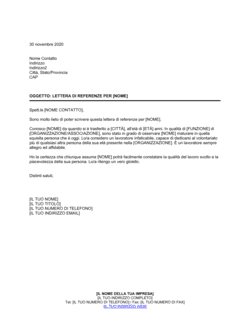




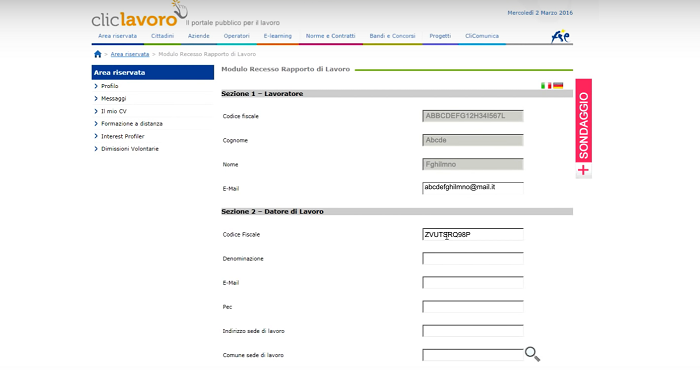

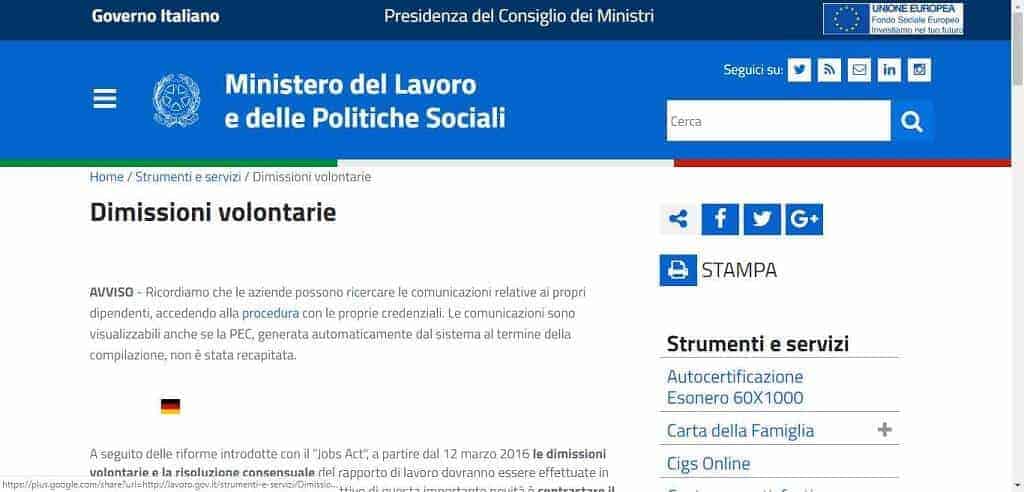
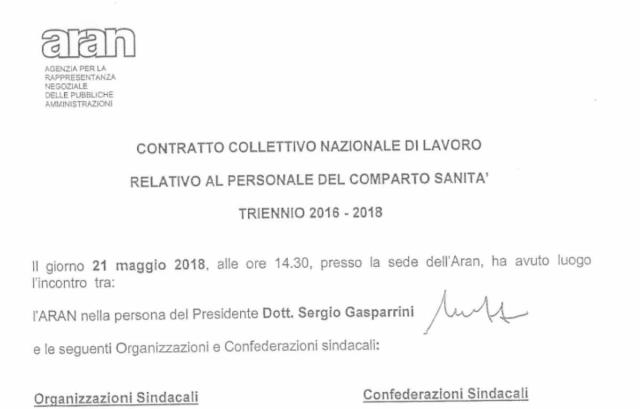

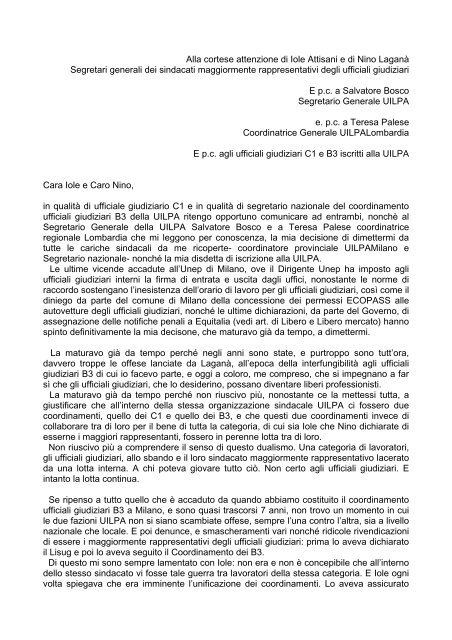
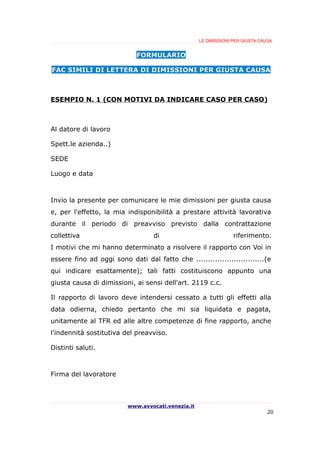
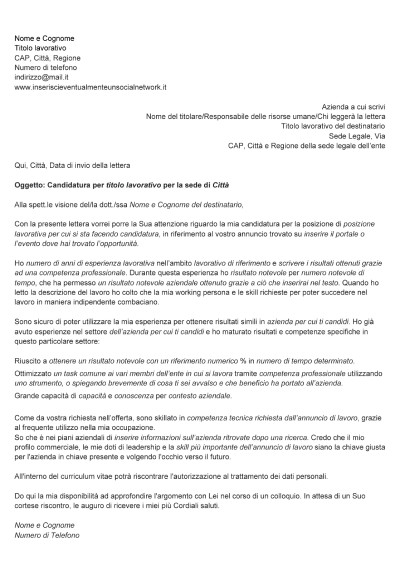
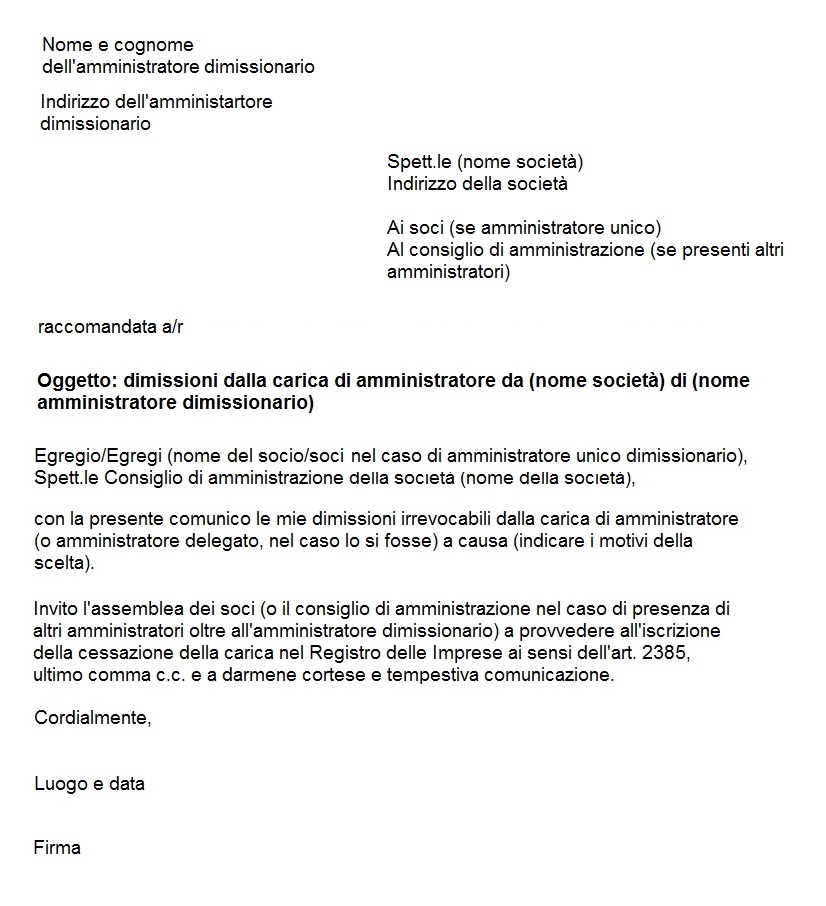

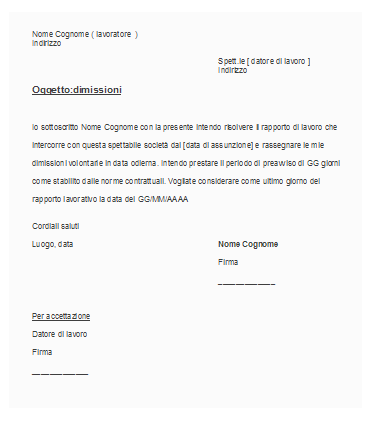




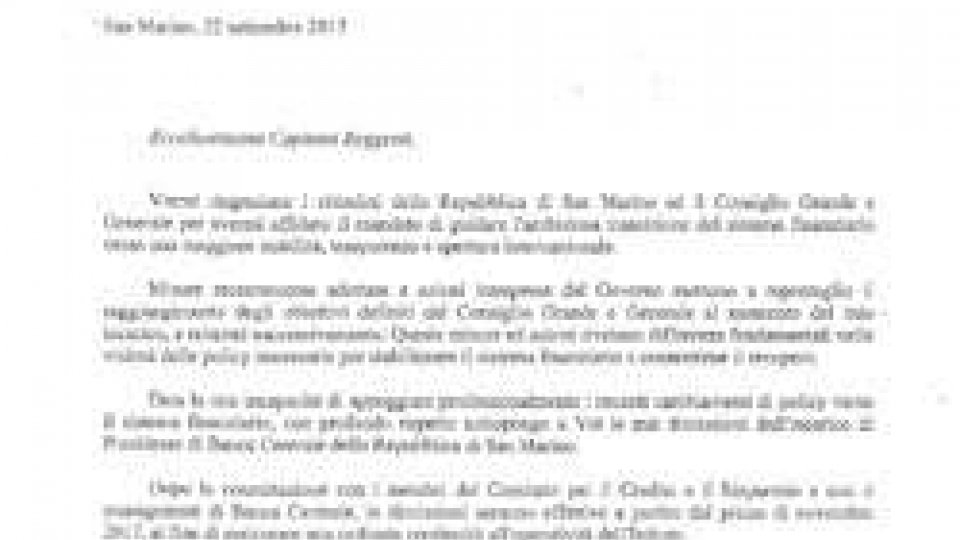



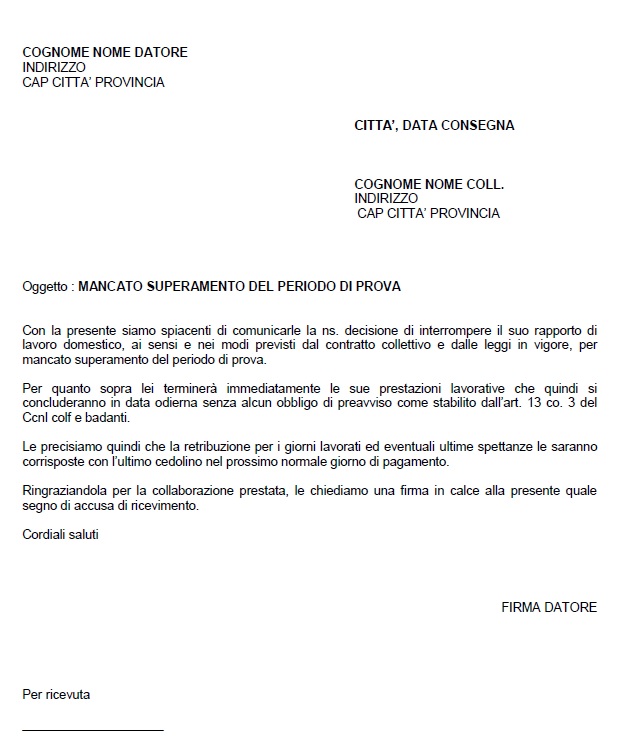

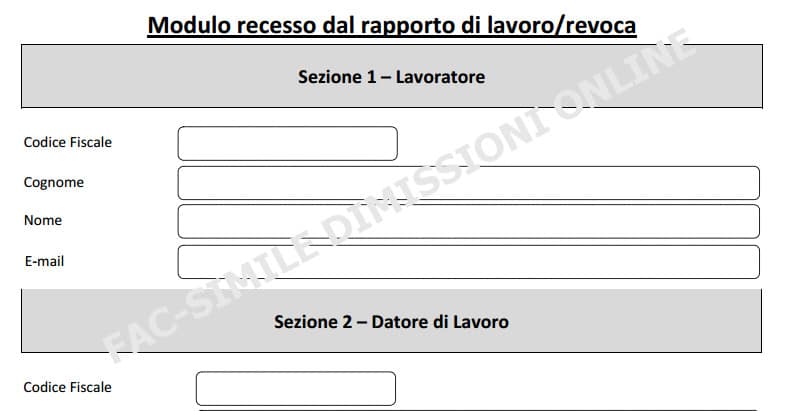

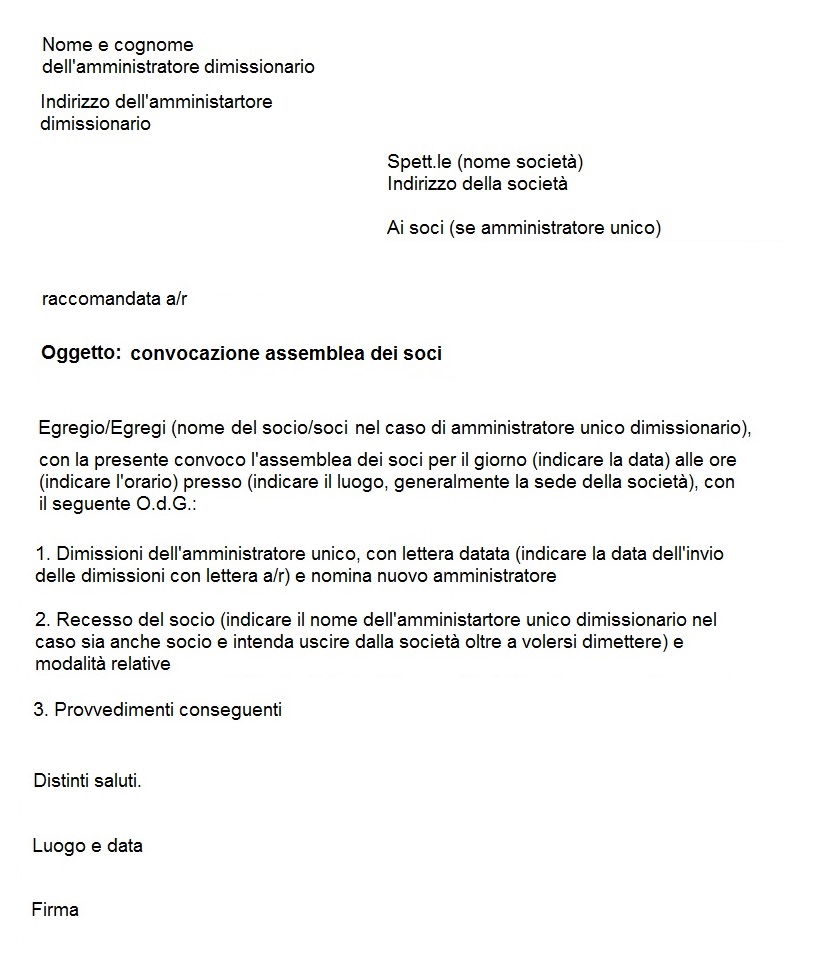
0 Response to "42 come fare una lettera di dimissioni"
Post a Comment